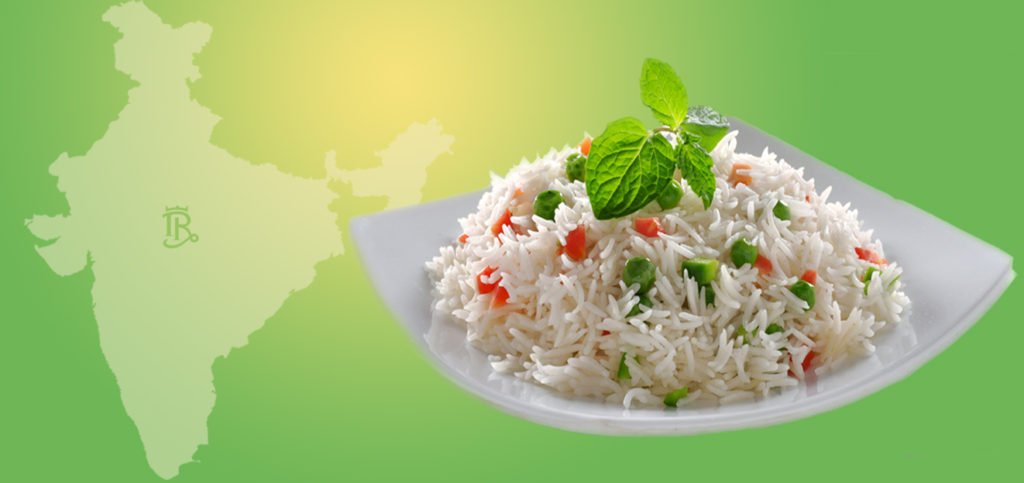Recently, For the first time in the country, the Food Safety and Standards Authority of India (FSSAI) has specified the identity standards for Basmati Rice (हाल ही में, देश में पहली बार, भारतीय खाद्य सुरक्षा और मानक प्राधिकरण (FSSAI) ने बासमती चावल के लिए पहचान मानकों को निर्दिष्ट किया है)

Why in news (ख़बरों में क्यों)
- As per these standards, Basmati rice shall possess natural fragrance characteristics of basmati rice and be free from artificial colouring, polishing agents and artificial fragrances (इन मानकों के अनुसार, बासमती चावल में बासमती चावल की प्राकृतिक सुगंध विशेषताएँ होनी चाहिए और यह कृत्रिम रंग, पॉलिशिंग एजेंटों और कृत्रिम सुगंधों से मुक्त होना चाहिए)
- It was issued to Brown Basmati Rice, Milled Basmati Rice, Parboiled Brown Basmati Rice and Milled Parboiled Basmati Rice (यह ब्राउन बासमती चावल, मिल्ड बासमती चावल, उसना ब्राउन बासमती चावल और मिल्ड उसना बासमती चावल को जारी किया गया था)
- The standards are aimed at establishing fair practices in the trade of Basmati rice and protecting consumer interest, both domestically and globally. These standards will be enforced from 1st August 2023 (मानकों का उद्देश्य बासमती चावल के व्यापार में उचित प्रथाओं को स्थापित करना और घरेलू और वैश्विक स्तर पर उपभोक्ता हितों की रक्षा करना है। ये मानक 1 अगस्त 2023 से लागू होंगे)
What is the Uniqueness of Basmati Rice (बासमती चावल की विशिष्टता क्या है) ?
- It is cultivated in the Himalayan foothills of the Indian sub-continent and is universally known for its long grain size, fluffy texture and unique inherent aroma and flavour (इसकी खेती भारतीय उपमहाद्वीप के हिमालय की तलहटी में की जाती है और यह सार्वभौमिक रूप से अपने लंबे दाने के आकार, भुलक्कड़ बनावट और अद्वितीय अंतर्निहित सुगंध और स्वाद के लिए जाना जाता है)
What are the Climatic conditions required for rice cultivation (चावल की खेती के लिए आवश्यक जलवायु परिस्थितियाँ क्या हैं) ?
- Temperature: Between 22-32°C with high humidity (तापमान: उच्च आर्द्रता के साथ 22-32°C के बीच)
- Rainfall: Around 150-300 cm (वर्षा: लगभग 150-300 सेमी)
- Soil Type: Deep clayey and loamy soil (मिट्टी का प्रकार: गहरी चिकनी मिट्टी और दोमट मिट्टी)
- Top Rice Producing States: West Bengal > Punjab > Uttar Pradesh > Andhra Pradesh (शीर्ष चावल उत्पादक राज्य: पश्चिम बंगाल > पंजाब > उत्तर प्रदेश > आंध्र प्रदेश)



